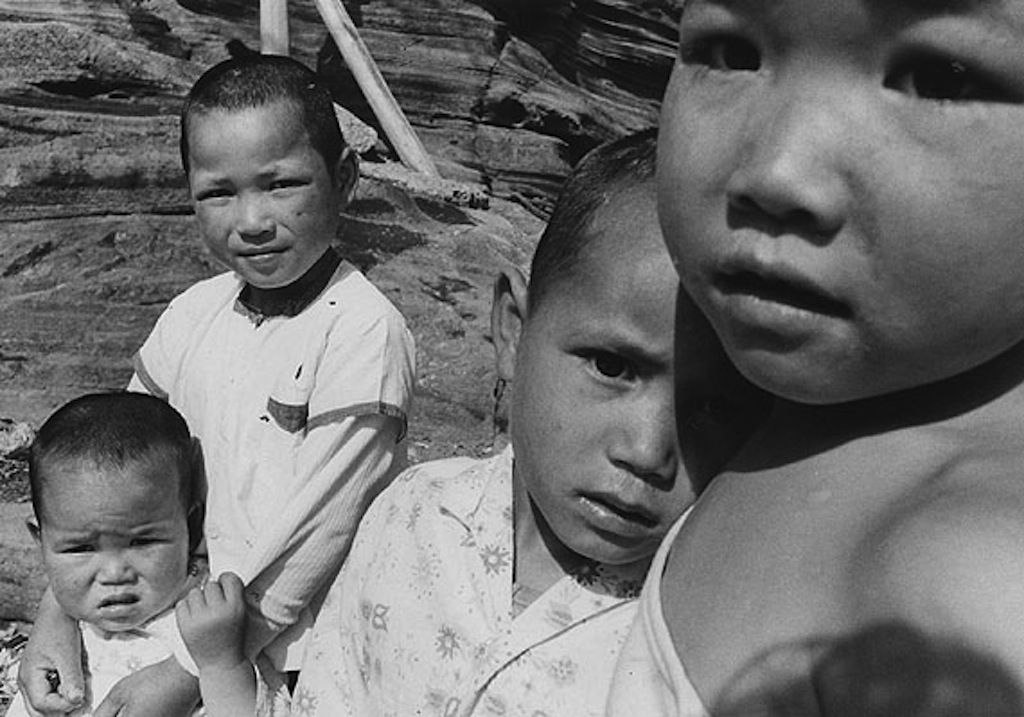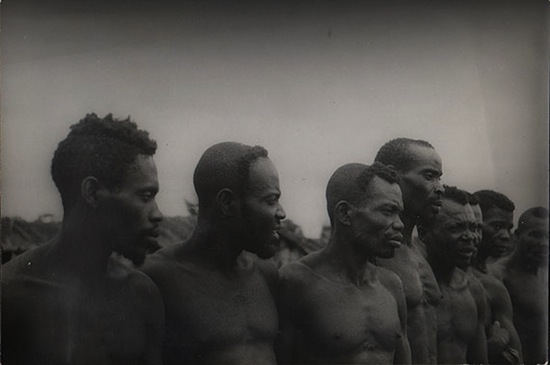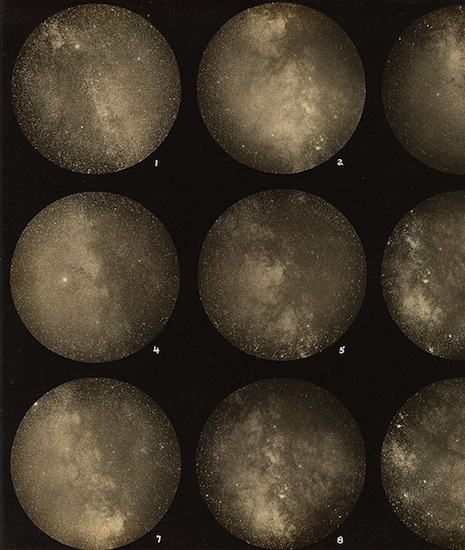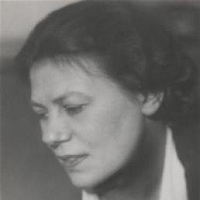
© Anthony Beresford Cooke
Collector’s Room Update #3: A personal history of photography
Photography is malicious and dark
Following two historical Collector’s Room Updates (pictorialism and modernism) the third Update is a unique perspective on photography and its history with images exploring the boundaries of conventional photography. Photography as a medium explodes and loses its traditional connotations. Historically accurate but not educational.
A thematic group exhibition with original photographs by: E.E. Barnard (USA), Nikolaï Kossikoff (BE/RU), Isaac Roberts (UK), NASA (USA), Roscosmos (RU), Alan A. Dutton (USA), Anthony Beresford-Cooke (UK), Puiseux & Loewy (FR), Marcel Mariën (BE), Bruno Vermeersch (BE), Germaine Krull (DE), Mount Palomar Observatory (USA), anonymous Chinese and Russian photographers.
"Collector’s Room Update #3: A personal history of Photography" is a playful and fresh exhibition about the dark side of photography. Nothing is what it seems and yet everything is real. The photograph creates the story? Or the spectator thinks to have a story? But is his story the same as the photograph’s story? Or is it his own story? No, it is the hidden story projected by the photograph.
Photography isn’t always straightforward. A picture can be really stubborn, not immediately revealing its story. But a picture does always have a story. Even though this story was not the photographer’s intention. Photography is very patient. Much more patient than the photographer, the subject or the spectator. Don’t consider a picture as something transparent and straightforward. It can be capricious and sometimes even manipulative.

© Germaine Krull
The exhibition is based on the speech by François Arago in 1839 in the French Senate and the L’Académie des Sciences announcing and predicting the future of photography. From the early beginnings of photography and the relationship with astronomy we go to the photos of the manned space exploration.The photos from the Apollo missions are icons and part of the common history. But they don’t have much scientific value. The same goes for the Russian manned space fligths. The difference between the NASA and Roscosmos is the marketing department.
More explicit are the documentary photos from Russia and China from the Sixties and Seventies. They use the language of the photojournalist but are pure propaganda photos.
The pioneers of photography realised very quickly that photography was the ideal means for personal expression. In this same tradition, with a touch of surrealism, we have the photo montages by the American photographer Allen A. Dutton (1922). Allegoric creatures composed with female body parts. The body parts are formed with chirurgical precision. The Belgian surrealist photographer Marcel Mariën (1920-1993) with his surprising photo montages is a good counterbalance to Allen A. Dutton.
Bruno Vermeersch is an extremely talented amateur-photographer with a solid knowledge of the photo history who succeeds in capturing more than 100 years of photo history in one single image. Shots of trivial, everyday subjects and situations made with a simple digital camera or mobile phone and then processed as a bromoil and digitally enlarged and printed. A noble process going back to the pictorialists. Bruno Vermeersch doesn’t make a vintage or nostalgic image but he creates a new imagery based on ancient techniques. As such he is one of the few contemporary photographers going beyond the trivial image using ancient printing techniques. His images are an unreal mix of atmosphere and confrontation. They give a new dimension to the concepts of vintage and vernacular photography.

© Edward Emerson Barnard
More information on http://www.anamorfose.be/
Photos © Germaine Krull © Edward Emerson Barnard
Vignettes © Anthony Beresford Cooke


